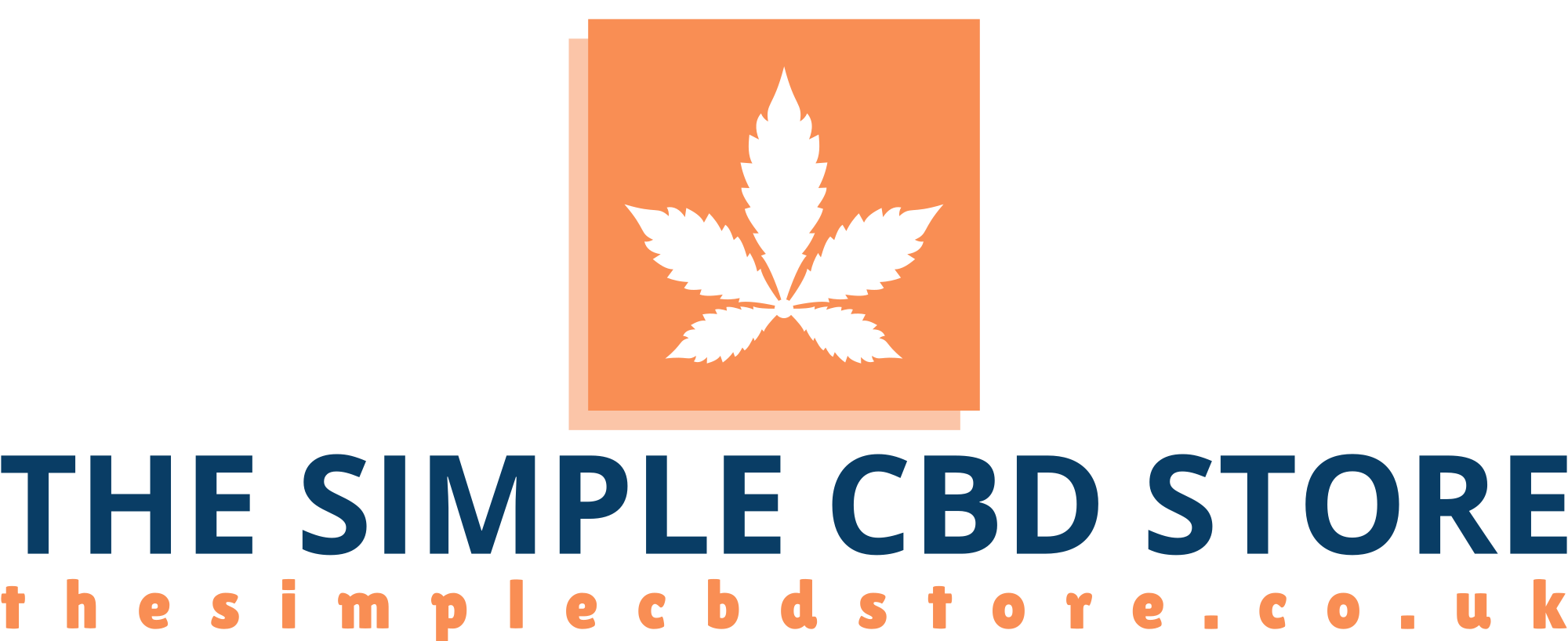Introduction
Vitamin B12, also known as cobalamin, is a water-soluble vitamin that plays a vital role in maintaining good health and overall well-being. It is essential for various bodily functions, and its benefits extend from the production of red blood cells to neurological health and more. In this comprehensive guide, we will explore the numerous advantages of vitamin B12, its sources, recommended dietary intake, and potential risks associated with deficiency.
Understanding Vitamin B12
Vitamin B12 is a member of the B-complex family of vitamins, known for its complex structure that contains cobalt. This unique feature allows B12 to participate in essential biochemical processes in the body. B12 is primarily obtained from dietary sources, with animal-based foods being the most common and reliable sources. While the human body requires only small amounts of B12, its impact on health is profound.
The Role of Vitamin B12 in Red Blood Cell Production
One of the most critical functions of vitamin B12 is its role in the production of red blood cells. B12 is essential for the synthesis of hemoglobin, the protein in red blood cells responsible for carrying oxygen throughout the body. A deficiency in B12 can lead to the development of megaloblastic anemia, a condition characterized by abnormally large and immature red blood cells that are unable to carry oxygen effectively.
Vitamin B12 and the Nervous System
Vitamin B12 is indispensable for the nervous system. It plays a crucial role in maintaining the myelin sheath, a protective covering around nerve fibers. This sheath facilitates the efficient transmission of nerve signals, enabling proper neurological function. Without adequate B12, individuals may experience symptoms such as numbness, tingling, and difficulty with balance, ultimately leading to nerve damage if deficiency is left untreated.
Cognitive Function and Memory
Vitamin B12 has garnered attention for its potential impact on cognitive function and memory. Research suggests that B12 may help maintain cognitive health, particularly as we age. Deficiency has been linked to cognitive decline and an increased risk of neurodegenerative conditions such as Alzheimer’s disease. We’ll explore the mechanisms behind these effects and how maintaining optimal B12 levels can support cognitive well-being.
Vitamin B12 and Heart Health
Maintaining adequate levels of vitamin B12 is also crucial for heart health. Elevated levels of homocysteine, an amino acid, are associated with an increased risk of cardiovascular diseases. B12, along with other B vitamins like folate and B6, plays a role in breaking down homocysteine. By doing so, it helps reduce the risk of heart disease and stroke. We’ll delve into the relationship between B12 and heart health and the mechanisms involved.
Gastrointestinal Absorption and B12 Deficiency
Vitamin B12 absorption is a complex process that primarily occurs in the small intestine. Several factors can hinder this absorption, leading to a B12 deficiency. We’ll discuss the conditions and lifestyle factors that can interfere with B12 absorption, such as pernicious anemia, gastrointestinal surgeries, and long-term use of certain medications, shedding light on the importance of identifying and addressing these factors to prevent deficiency.
Vitamin B12 Deficiency Symptoms and Risks
Recognizing the symptoms and risks associated with a vitamin B12 deficiency is essential for early intervention. We will outline the common signs of deficiency, including fatigue, weakness, anemia, and neurological symptoms. Moreover, we will explore the specific groups at higher risk of developing B12 deficiency, such as vegetarians and vegans, older adults, and individuals with certain medical conditions, helping you understand the importance of regular B12 assessment.
Sources of Vitamin B12
Dietary sources of vitamin B12 are primarily animal-based, which can pose a challenge for individuals following vegetarian or vegan diets. In this chapter, we’ll provide a comprehensive list of B12-rich foods, including meat, fish, dairy products, and fortified plant-based options. We’ll also discuss the role of supplements in meeting B12 needs and potential considerations for those who may benefit from supplementation.
Recommended Dietary Intake and Supplements
Understanding the recommended daily intake of vitamin B12 is essential for maintaining optimal health. We’ll explore the dietary reference intake (DRI) values for different age groups and discuss the potential benefits of B12 supplements. Additionally, we’ll provide guidance on choosing the right B12 supplement, dosage recommendations, and considerations for specific populations.
B12 and Health Conditions
Vitamin B12 is implicated in various health conditions, and its role extends beyond red blood cell production and neurological function. We will examine how B12 may influence conditions such as depression, osteoporosis, and infertility. Understanding the links between B12 and these health issues can help individuals take proactive measures to support their well-being.
Vitamin B12 and Aging
Aging is often associated with a higher risk of B12 deficiency. We’ll explore the reasons behind this increased risk and the potential consequences, including cognitive decline, anemia, and frailty. Additionally, we’ll discuss strategies for older adults to maintain adequate B12 levels and promote healthy aging.
Vitamin B12 Supplementation: Pros and Cons
While supplements can be a valuable tool in addressing B12 deficiency, they are not without potential drawbacks. We’ll weigh the pros and cons of B12 supplementation, discussing factors like cost, absorption, and potential interactions with other medications. Understanding the nuances of B12 supplementation can help individuals make informed choices regarding their health.
Prevention and Treatment of B12 Deficiency
Preventing and treating B12 deficiency are essential steps to safeguard your health. We’ll discuss strategies for prevention, including dietary choices and supplementation. For those already experiencing deficiency, we’ll explore the various treatment options, from oral supplements to B12 injections, and the expected outcomes of treatment.
Conclusion
Vitamin B12 is a remarkable nutrient with a profound impact on various aspects of health, from red blood cell production to neurological function and cognitive well-being. Recognizing the signs of deficiency, understanding dietary sources, and considering supplementation when necessary are essential steps in maintaining optimal B12 levels. By following the insights provided in this comprehensive guide, individuals can take proactive measures to harness the numerous benefits of vitamin B12 for their health and well-being.
- The Comprehensive Guide to the Benefits of Alpha Glyceryl Phosphorylcholine (Alpha GPC) Nootropics - October 19, 2023
- Benefits of Vitamin B12 - October 14, 2023
- Is CBD A Performance-Enhancing Drug For Athletes? - July 7, 2023

